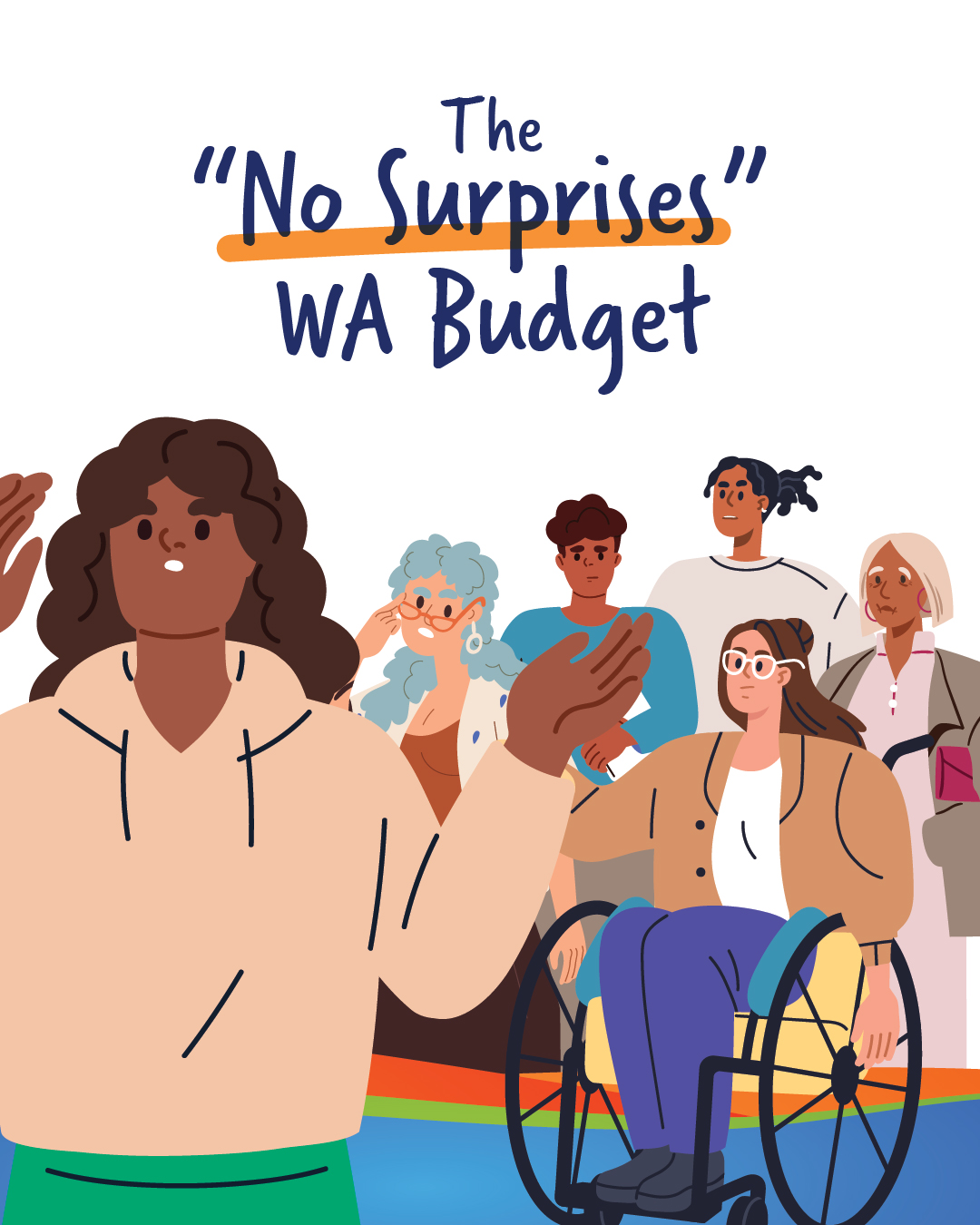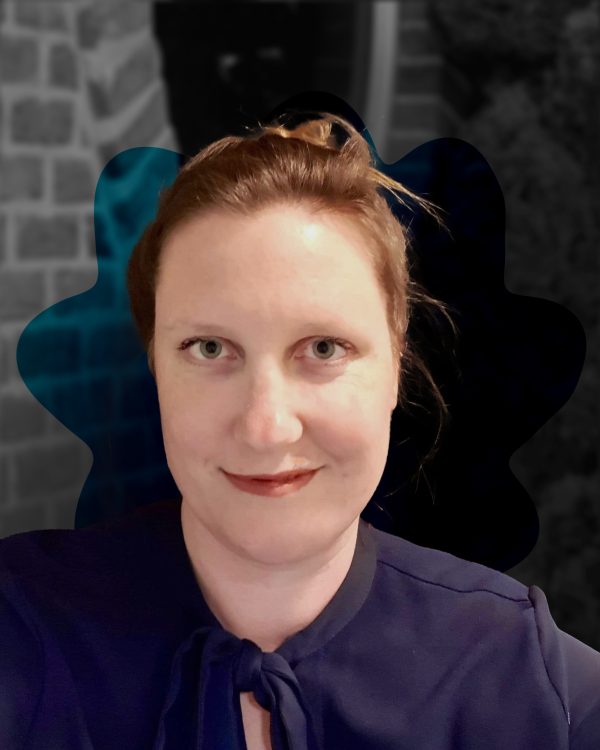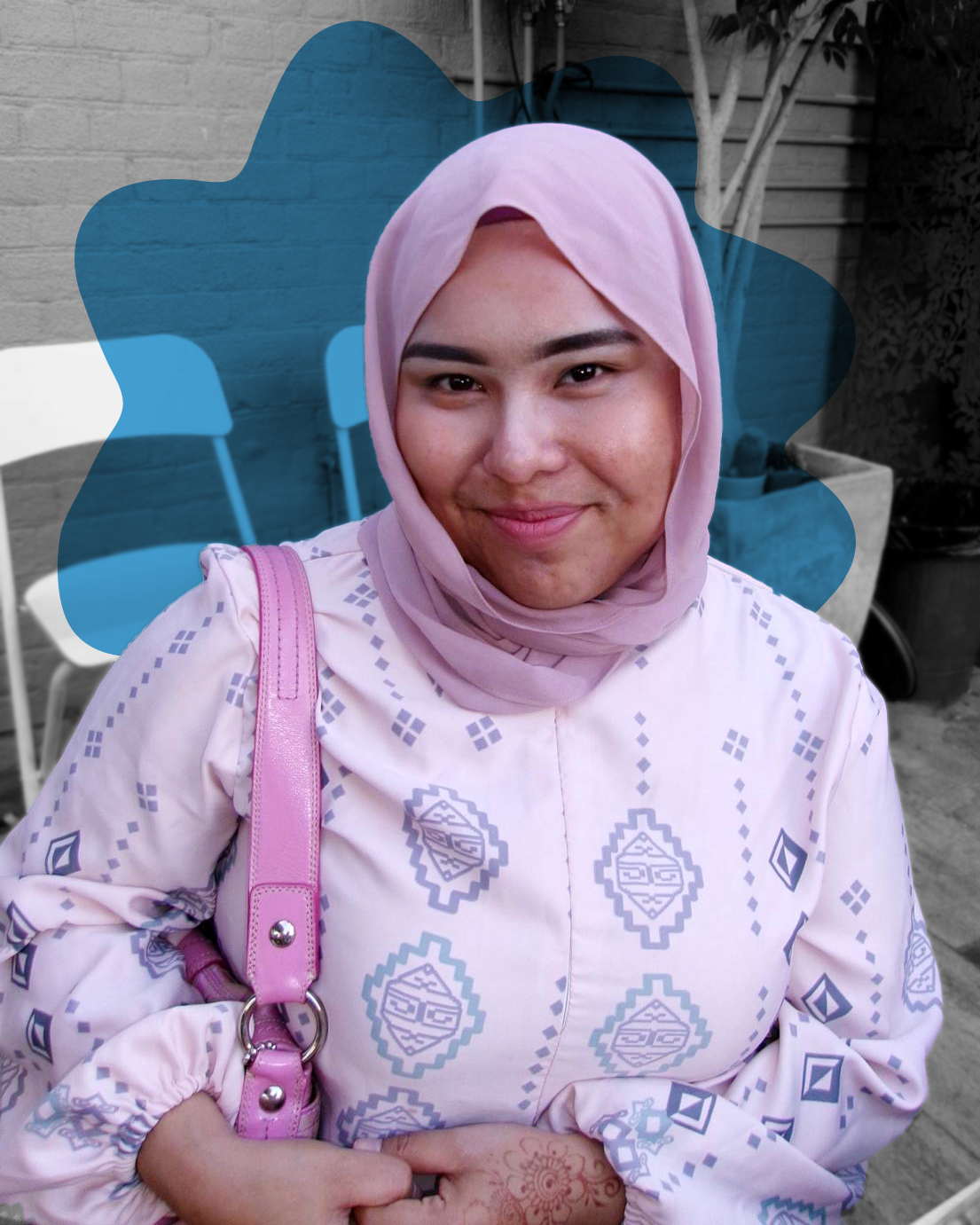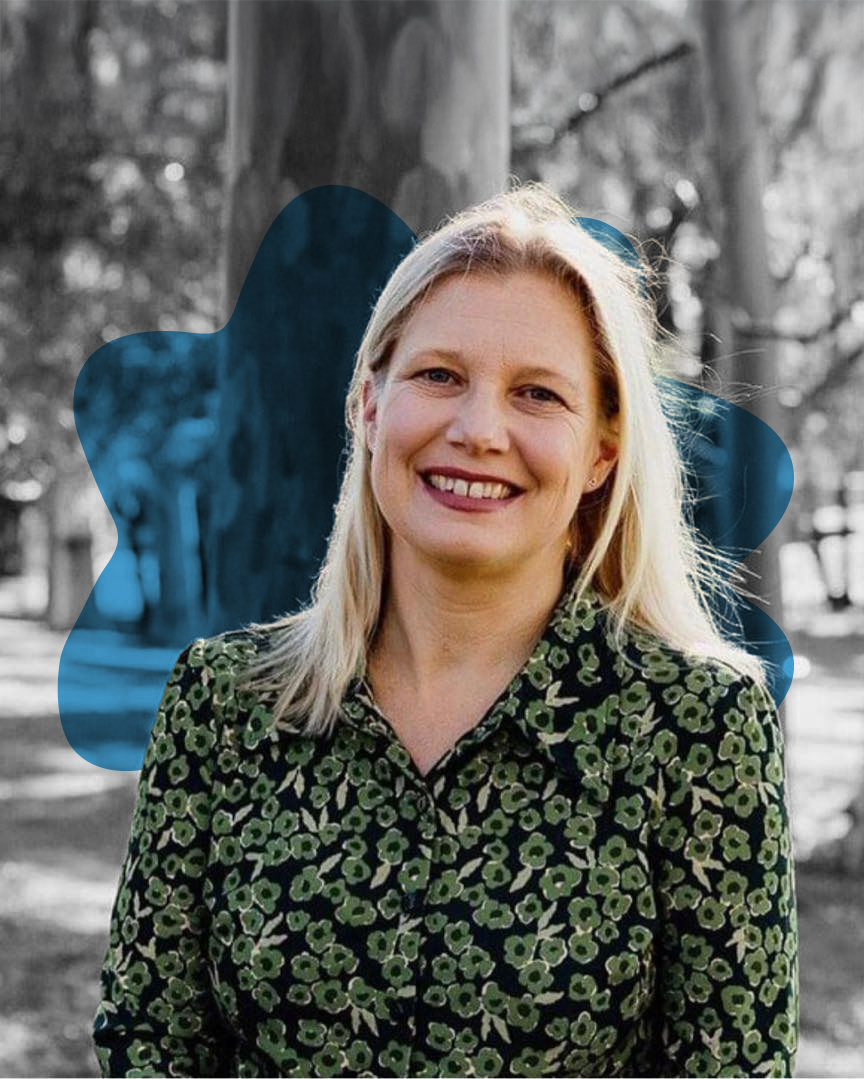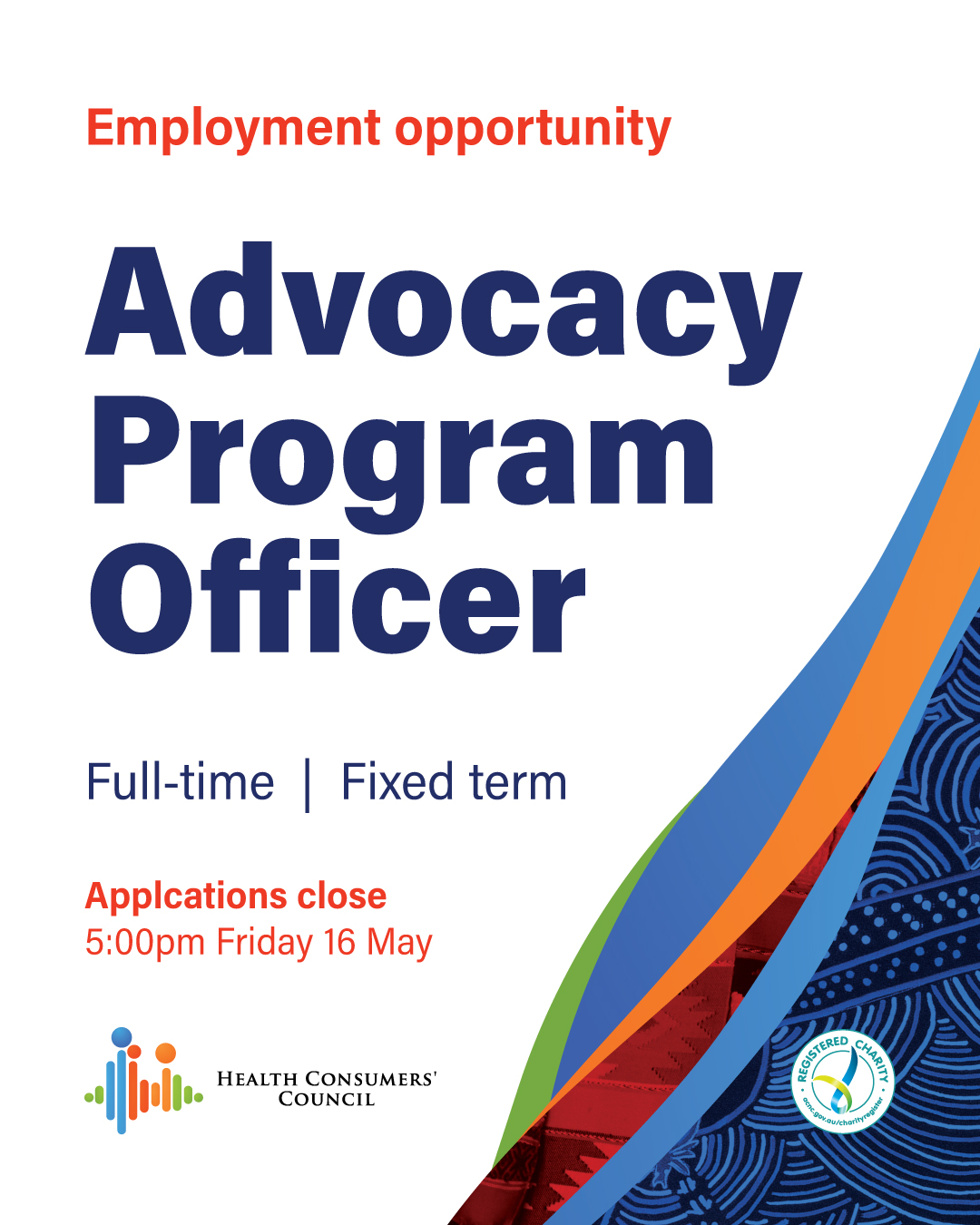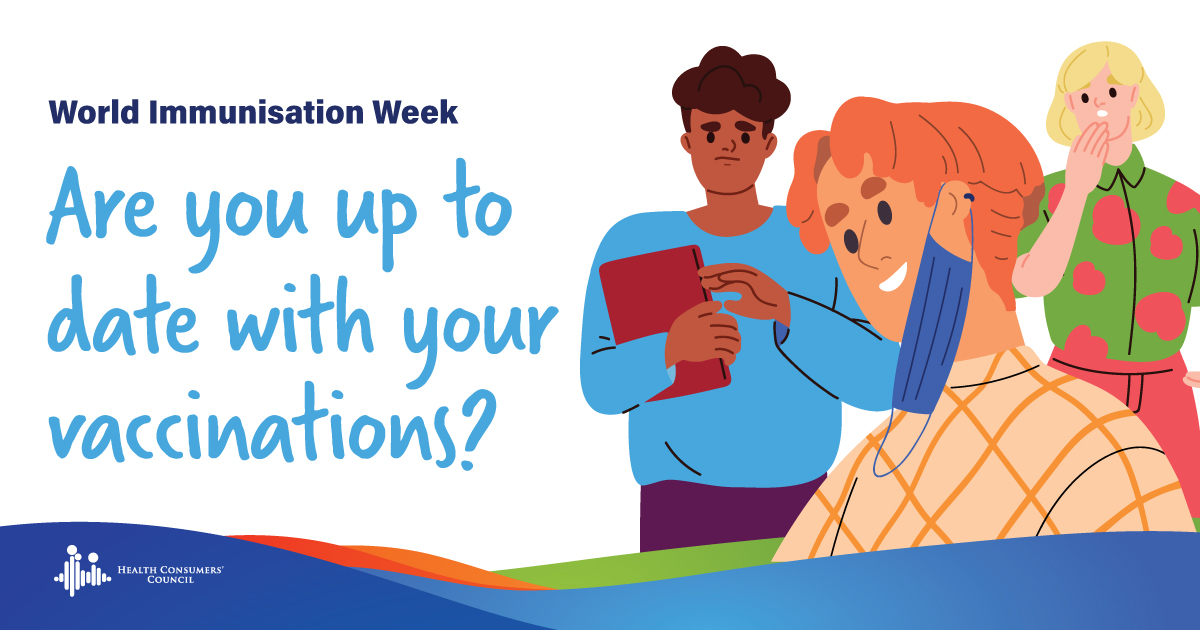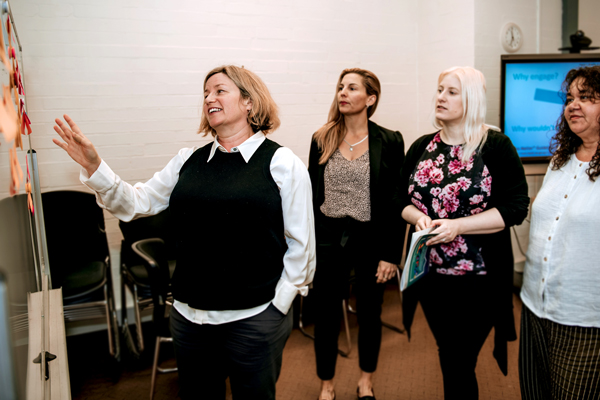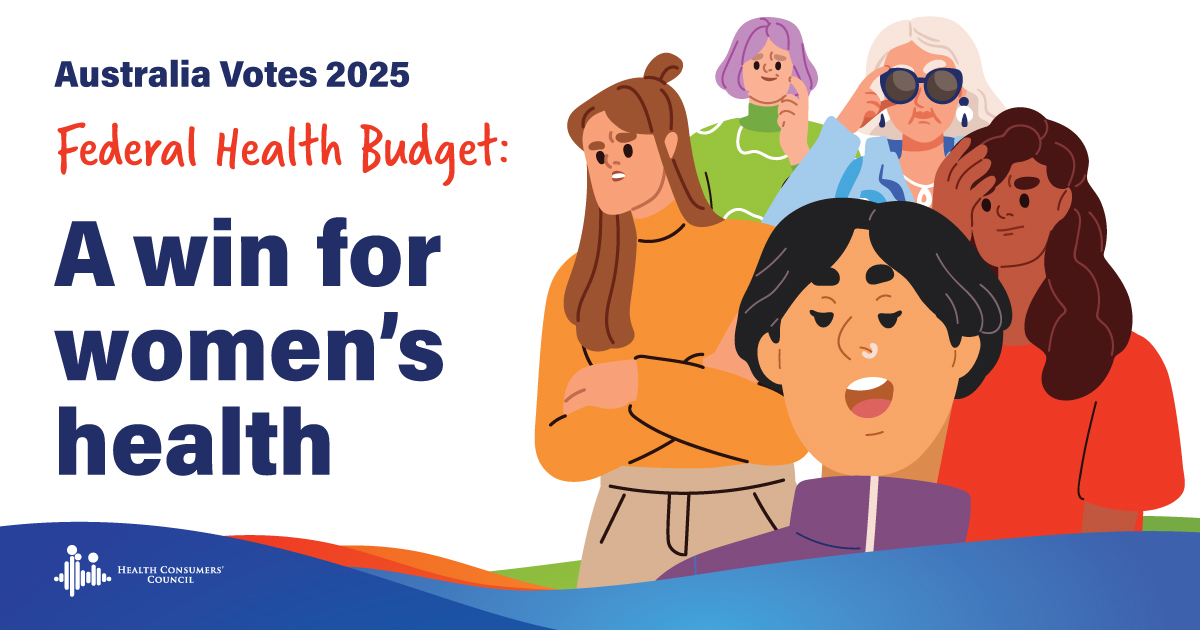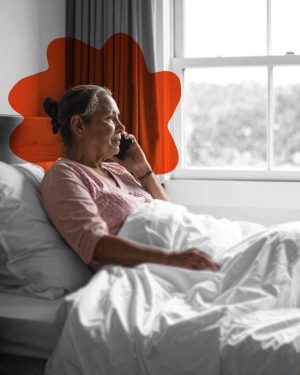
HCCWA welcomes the recent report “Special Treatment: Improving Australians’ access to specialist care” from the Grattan Institute into the cost of specialist appointments.
“The cost of specialist care is a problem for many people, across all areas of health.” according to Clare Mullen, the Health Consumers’ Council WA’s Executive Director in regards to the Grattan Institute‘s report about expensive specialist doctor fees.
“It’s really tough for people to have to make the choice between going on to a public wait list and with no information about how long they might be on that wait list, or trying to find the money to pay for care privately if they do have private health,” she stated in her interview with Nadia Mitsopoulos on ABC News Perth Mornings.
Our Health Advocate Team, who are on the front line of our specialised one-on-one advocacy service, know this all too well; we hear regularly about the prohibitive cost of specialists from people across WA. As Clare Mullen points out in this interview; the emotional and vulnerable nature of healthcare decisions make it crucial for consumers to have trustworthy information. “It’s important that consumers are given access to the information that they can trust to make informed decisions and let’s make healthcare a bit fairer for everyone.”
Health Consumers’ Council WA offer the ONLY free individual health advocacy service in Australia.
Listen to the interview starting at 51:45 here.
Our hybrid health system means that consumers can find themselves caught between choosing to attend an appointment with a private practitioner or waiting for an outpatient appointment in the public system. The lack of transparency around waiting times for public appointments does see people choose to see a private practitioner, but as this report highlights, the cost of these appointments can be well outside the reach of many consumers with one extreme example of an appointment that left a consumer with an out of pocket cost of over $600.
Ideally the health system would have sufficient staff and funding to mean that the toss up between high costs and long waits would not occur . We are encouraged by the recommendations of the report to identify and train specialists in the fields that are most in need, and also to invest in public clinics in areas where they are most needed.
It is also interesting to note that the report has identified that the current system makes it challenging for GPs to receive advice from specialists about managing specific patients, which therefore leads to a larger than required number of referrals being made to those specialists. The report recommends a secondary consultation system which would reduce referrals to specialists and reduce patient expense and stress at navigating the complexities of the health system. It also has the undeniable benefit of reducing pressure on the specialist system, freeing up time for more patients to be seen. It is these kinds of radically different approaches to the provision of health services that we need to ensure our health system can evolve to manage a growing and aging . Before the state election in March this year the WA Labor government promised a pilot program called “GP Ask” to trial a secondary consultation model, and we look forward to the results of this pilot.
The report refers to the Commonwealth Government’s Medical Costs Finder website which provides some helpful information about how much people can expect to pay for certain procedures. Sadly, very few doctors have voluntarily provided their fees for this website, but the Government has committed to using Medicare data to upgrade the website to give a more accurate picture of the costs a patient can anticipate if undertaking their care in the private system.
The Grattan Institute goes further though and suggests that the government legislate to claw back some extreme fees charged by practitioners. We would be interested to see how this might look and we continue to monitor this situation with great interest.
Bronwyn Ife | Systemic Advocacy and Engagement Lead
For media enquiries: 0488 701 839





